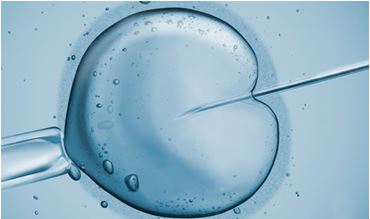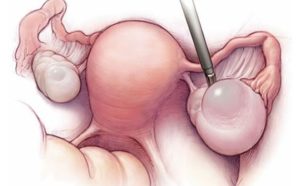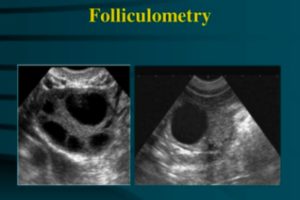Intracytoplasmicsperm Injection (ICSI) is an in vitro fertilization procedure in which a single sperm is injected directly into an egg. Defective sperm function remains the single most important cause of human infertility. Although certain severe forms of male infertility have a genetic origin, others may be the result of environmental factors. During the past decade, ICSI has been applied increasingly around the world to remove problems of severe male infertility in human patients who either could not be assisted by conventional IVF procedures or could not be accepted for IVF because too few motile and morphologically normal sperm were present in the ejaculate of the male partner.
This procedure is most commonly used to overcome male infertility problems, although it may also be used where eggs cannot easily be penetrated by sperm, and occasionally in addition to sperm donation. It can be used in teratozoospermia, because once the egg is fertilized, abnormal sperm morphology does not appear to influence blastocyst development or blastocyst morphology. Even with severe teratozoospermia, microscopy can still detect the few sperm cells that have a “normal” morphology, allowing for optimal success rate.




